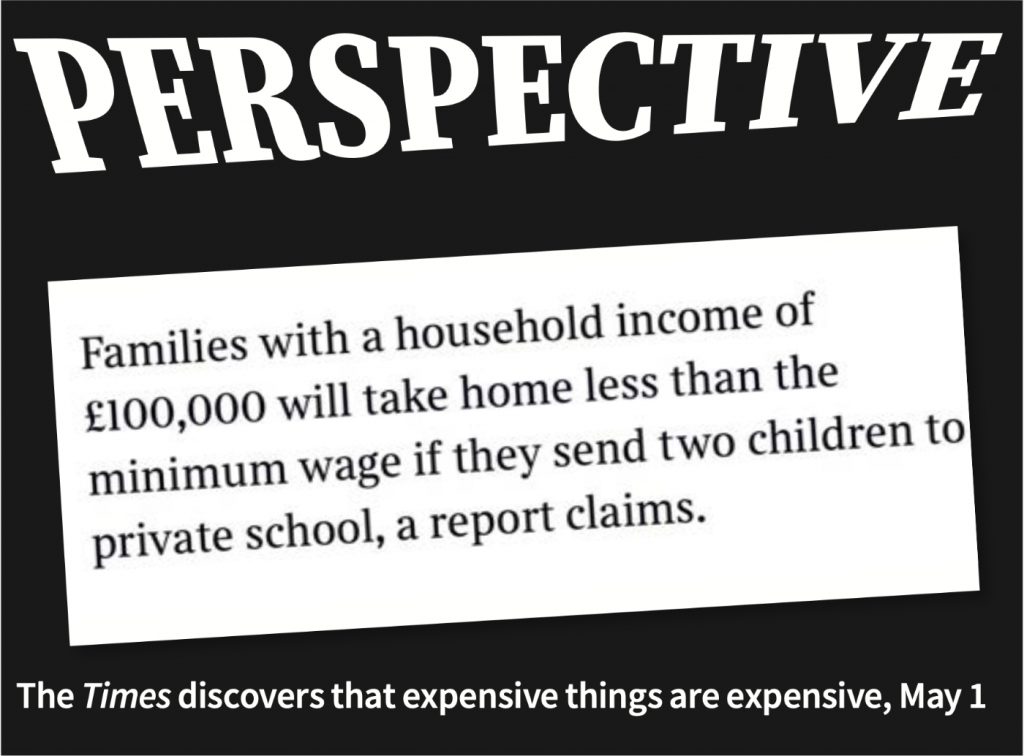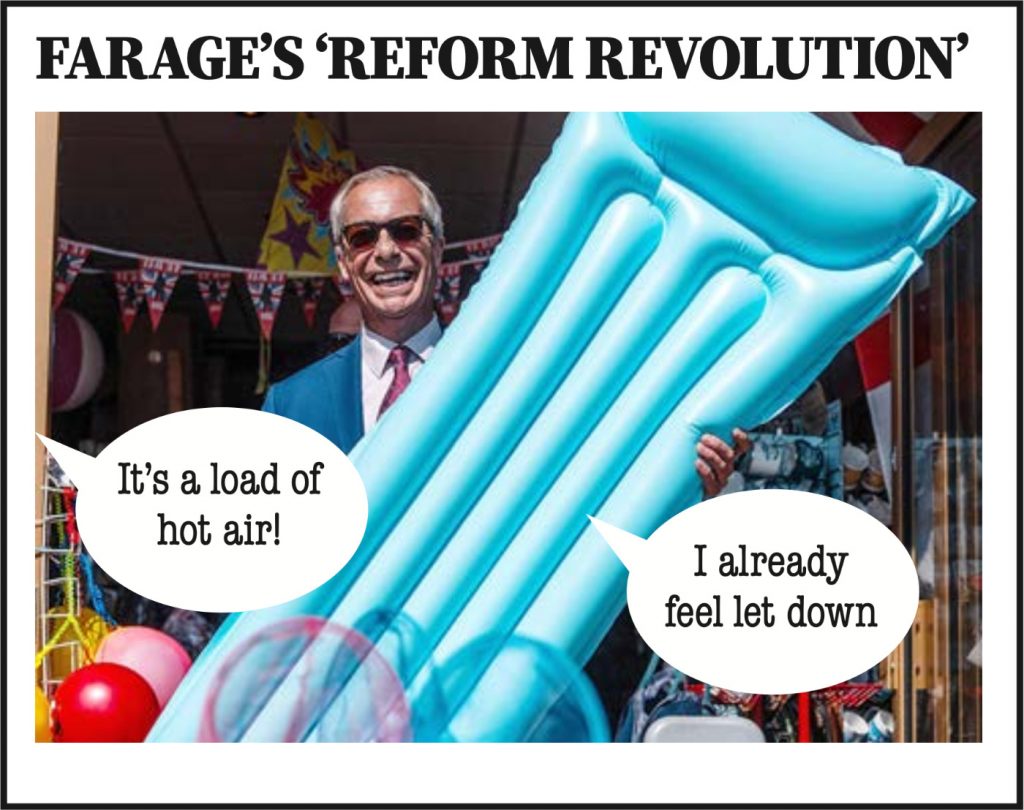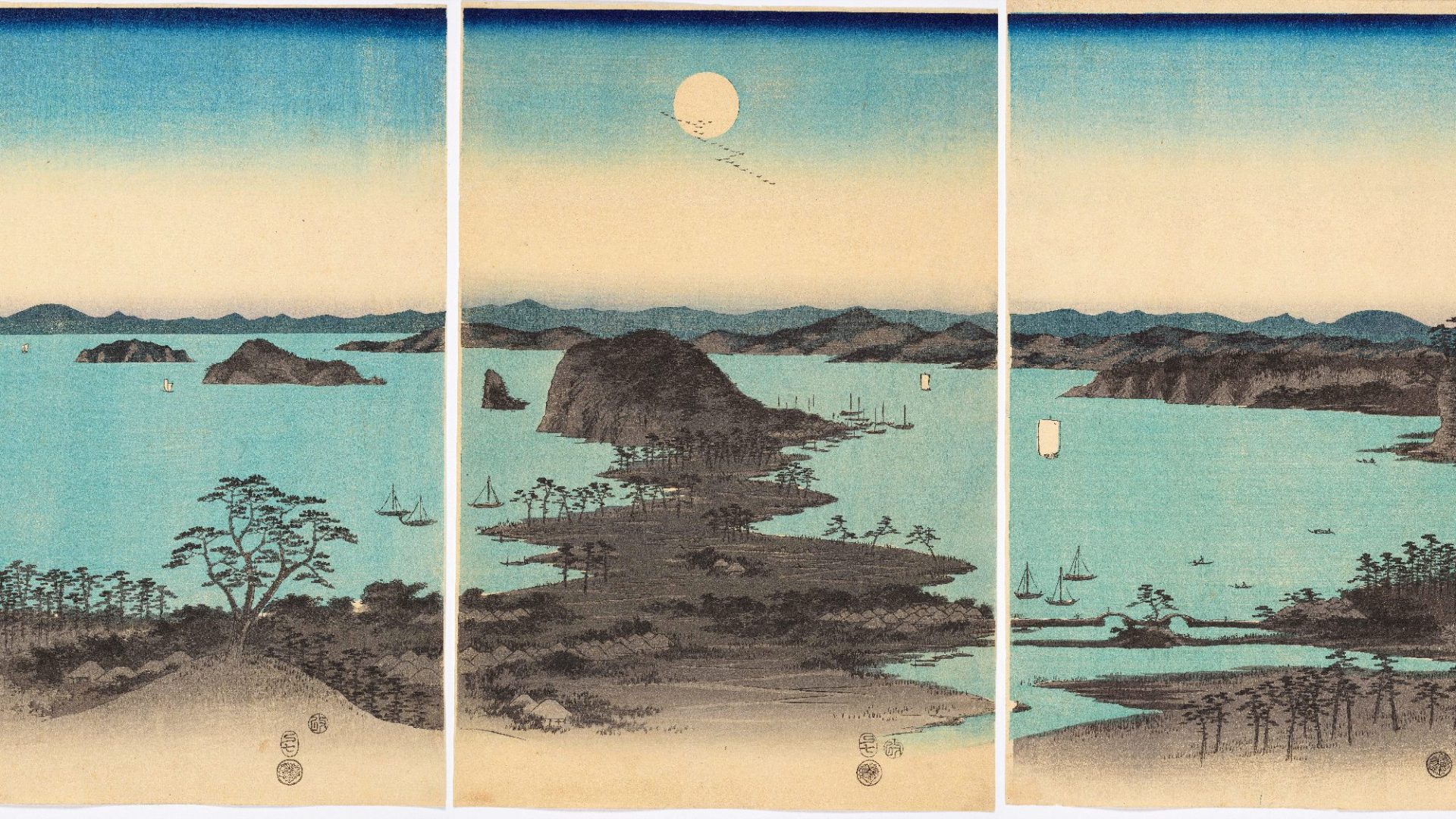Sonia Sodha makes a telling point in “The murder of Virginia Giuffre” (TNE #433). Unless we act, there will always be men willing to see how much they can get away with.
With money, power and other rich “friends” willing to aid in the manipulation, their actions will become more and more dangerous the longer the men are left unchallenged.
It was chilling to read what Ghislaine Maxwell did to persuade and show the girls what was expected of them and to reassure them that it was OK. In my case, I was told “this is what mummies and daddies do”.
The fear of the position you are in and what might happen to you if you don’t comply is dreadful.
Wendy Hodgson
What happened to Virginia Giuffre in the circles that she moved in as a 17-year-old was surely devastating but that she was there in the first place is the result of a brainwashed and hedonistic society with a celebrity-admiration culture that leads to an exaggerated regard for fame, wealth, beauty and fashion.
It is quite possible that Virginia was flattered and gratified by the attention she received. Of course, this in no way excuses what happened to her, but it might explain why she was unable to resist.
Did she know what she was getting herself into, or was she naively unaware? Either way, she was failed first and foremost in her upbringing.
Teresa Pöller

Don’t turn a blind eye
“Welcome home to Gilead” (TNE #433) was yet another terrifying piece from Matthew d’Ancona! What a way to start my day, although it could be argued, not quite as terrifying as watching Nigel Farage gurning his way around the TV news channels, grinning like some malign Cheshire Cat after Reform’s successes in the local elections. Sickening.
It’s hard not to just switch off from the news, but then, that’s ultimately what Matt is cautioning against, I guess. Ignoring it, pretending it’s not happening, will potentially lead to disaster. We need to pay attention, however unpalatable.
Richard Debonnaire
I fear that what Matthew d’Ancona describes has a long way to go yet.
All belief systems in action, whether religious, political or based around some other strand of thinking, have the potential to achieve cult-like status. A tell-tale sign that things are going wrong is when followers jockey for power and influence by becoming ever stricter in their adherence to the faith. Always seeking to go further and prove their worth.
That is what we have in the US with Trump, MAGA and the evangelicals. It is not going to end well for many.
Kane Clements
The US is looking more like Iran with every passing day.
James Hodgson
A lesson from history
Let us hope that friends of Trump’s special envoy Steve Witkoff are correct in their assessment of him as “tough and smart” (Alastair Campbell’s Diary #433). He will need to be in his dealings with Putin.
Hopefully, the White House is aware of the British prime minister Neville Chamberlain, whose political career ended in humiliation after he was repeatedly duped by an aggressor. His misguided persistence in believing he could obtain a peace deal with Hitler.
Chamberlain, like Trump, was a businessman before late in life becoming leader of his party and country. He was overconfident in his negotiating skills and thought he could appease Hitler by giving in to his territorial demands in pursuit of a peace deal.
As a consequence, and against the better judgment of others such as Churchill, he pressurised a gallant and democratic country, Czechoslovakia, to cede significant territory to the dictator – a move described as akin to “scratching a crocodile’s head in the hope of making it purr”.
Hitler took appeasement as a sign of weakness and went on to seize the rest of Czechoslovakia before invading Poland, triggering the second world war. As writer Tim Bouverie said about Chamberlain: “His policy critically misunderstood the nature of the man with whom he was treating and neglected those contingencies which might have contained him…”
Roger Hinds
Viennese schmaltz
I always read Marie Le Conte first, and her take on Vienna (Dilettante, TNE #433) was brave and provoking, even if there is a hint of a columnist polishing a favourite letter-producing hobby horse.
Last year I took my daughter by train to Vienna and we loved it; so much to see in such a compact place. For her next visit, I suggest Marie samples an alternative take with a visit to Hundertwasserhaus, which highlights the work of artist and radical Friedensreich Hundertwasser.
Martin Brandon
London E9
Perhaps my experience may suggest why Vienna has little appeal for Marie Le Conte. I was lucky enough to spend some nine months in Austria, mostly with families in Vienna, in 1954, the year I turned 19. The country was then still occupied by Allied troops, including Russians, as it and Germany had been since 1945.
It was one of the happiest years of my life. Apart from the troops and some refugees from eastern Europe, I was one of very few foreigners.
There were no passing tourists, and what happened in Vienna was both by and for the Viennese. Ordinary people just living their lives in a wonderful place as well as they could under the circumstances.
When I have been back more recently almost everything seemed intended to be a Sehenswürdigkeit (“see-worthiness”!) for the tourists.
Vienna’s life, on the surface at least, has ceased to be genuine: it has become a non-stop “folklorique” performance.
I can’t blame them, but it is sad.
Richard H Burnett-Hall
London W11
When I began reading Marie Le Conte on Vienna, I was initially gnawed by thoughts that this might be solipsistic self-pity. But when I read “I enjoy Edinburgh, but Glasgow is the one I would want to go home to,” I realised I was reading a deeply insightful, sparkling piece of journalism.
As the saying goes, “People Make Glasgow,” so Marie will be lovingly welcomed by her fellow Glasgow Keelies.
Alasdair Macdonald
Glasgow G20
No local news, no scrutiny
Patience Wheatcroft is so right about “The slow death of local news” (TNE #433). I spent a lifetime working in regional journalism and when I started at the weekly Kidderminster Shuttle back in 1956, we had a local rival in the Kidderminster Times.
Two newspapers in one town! Full coverage of local councils and courts were our staple diet.
I went on to work for daily newspapers in Birmingham, Coventry and Newcastle, which all had healthy circulations. None of them now exist in any meaningful form. Might this absence of scrutiny help to account for the latest success of the opportunistic Reform Party?
David Isaacs
There is no substitute for credible stories about local issues written by professional journalists trained to investigate and communicate information in a relatable way directly to their local communities.
The loss of local news reporting is perhaps most vivid in the US with a decline in local/regional news, particularly in rural areas. Efforts in the US such as “subsidised reporting and dissemination” initiated by organisations such as the Seattle Times, have had mixed results. In Britain, the BBC’s dominance locally is also part of the problem.
Katherine Eisner
I have to disagree with Patience Wheatcroft. I don’t know anyone under the age of 70 who buys and reads a local paper (in print or online) and the only ones surviving are those that are free – but they are full of stuff about school fetes, open gardens and charities.
Patience is right in that democracy is disappearing. But that is because politicians and journalists are out of touch with people.
In my area, very few young people voted. They don’t read papers, they don’t watch regular TV, and in some cases didn’t even remember there were elections on Thursday, May 1.
We have to teach our grandchildren and children how important it is to vote. However, politicians have to communicate with them using the media they interact with.
The most urgent change that needs to take place is how, when and where we vote. It needs to move online so young people feel it is for them and they have the flexibility to vote when and where it suits them within a 10-day period.
All the information they need should be online too and they must be educated to do their own research – not just vote for the party knowing nothing about their local candidates. We have to ditch our archaic and costly polling stations before we lose all voters under 60!
Helen Rushby
A simple farewell
There was something therapeutic and peaceful about Silvia Marchetti’s “Making the pope’s coffin” (TNE #433), among all the febrile and calamitous world news.
As a Catholic, I was interested to read about the papal protocol and how Pope Francis changed the customary traditions. He required a simple, unadorned casket with only his papal name inscribed on it.
These changes were synonymous with his own character. He appreciated simplicity and was also empathetic to the impoverished lives of so many people, the marginalisation of the asylum seeker and refugee and the disenfranchised. So his burial at his beloved basilica Santa Maria Maggiore was apposite.
Judith A Daniels
Cobholm, Norfolk
A fleeting wonder
Re: “The warbler’s freedom of movement” (Carousel, TNE #433). Spotting a tree creeper really is an achievement. I’ve only ever seen one.
Recently, I visited the park where I saw it, looked at the tree I’d seen it on, and thought “that’s where I saw the tree creeper some 55 years ago”. So yes, certainly an achievement.
David Pollard
Preposterous prefixes
Thank you, Peter Trudgill (TNE #433); you are gloriously accurate with your list of nauseatingly twee neologisms.
I’m adding two more whose logic defeats me: “pre-order” and “forward planning”. After all, the only “backward planning” I can envisage is hindsight!
Sue Lloyd
Bristol
Peter Trudgill says (TNE #432) “The only reasonable response to ‘You must not start a sentence with and or but’ is ‘Why not?’”
Surely either “And why not?” or “But why not?” is better.
Roland Lazarus
Billericay, Essex
The wonderful Prof Trudgill omits, in his column on the vocative case (TNE #431), reference to the archaic orthodox Slavonic vocative exhortation muttered by every old lady in Russia, particularly at trying times.
I speak of “Bozhe, Bozhe” (“Oh God, oh God”). Modern Russian has lost its vocative and the word for “God” is now “Bod”, evocative for me of the cheeky little ’70s kids’ cartoon hero (“Here comes Bod!”).
Jenny Cavanagh
Romney Marsh, Kent

BELOW THE LINE
Comments, conversation and correspondence from our online subscribers
I don’t know about Neil Oliver’s motivation (“What the hell happened to the bloke from Coast?”, TNE #433), but it is a fact that it is easier and quicker to grab a huge following and make money by steering to the right and embracing crackpot conspiracy theories.
Kevin Donnellon
As someone who spent several years driving my late father to the superb Christie’s Hospital in Manchester for life-saving treatment often delivered by EU citizens, “Brexit is a killer” (TNE #433) made my blood boil.
It’s time to fight dirty and copy the Brexiteers – get a big yellow bus with the slogan “Brexit gives you Cancer: Fact”. When the inevitable shrieks of outrage occur, explain how hundreds of thousands of lives are being threatened by the whole stupid affair.
Christopher Harrison
Re: Critical Mass on life on other planets (TNE #433). It would be amazing to find “life” elsewhere, personally I think it’s daft to think it doesn’t exist. But isn’t it totally academic? Even if we found “life” existed on a planet around one of our nearest neighbouring stars, communication would be virtually impossible, taking thousands of years simply to get a reply.
There is abundant life on our own planet, but how many of the species here can we communicate with? Most of the time, we can’t even communicate with each other.
Steve Buch
Re: Letters on the Supreme Court judgment (TNE #433). For the many trans loved ones in my life, the ruling has brought mixed feelings. They are not so worried about the specifics, nor are they worried about bathrooms or changing rooms.
Instead, they are tired. Exhausted. Because every time trans rights get more press coverage, and it is never in their favour, they face more violence from strangers in public.
I only hope we can change minds and hearts just like the gay liberation movement, but this seems so much harder for the public to accept.
Sam M Buch
Josh Barrie on the lunacy of supermarket food in Gibraltar (TNE #432) was a superb read. How reassuring to encounter a shared sense of frustration and futility over the stupidity of humankind.
Keith Brisley
JOIN THE CONVERSATION
Subscribe and download our free new app to comment and chat with our writers



